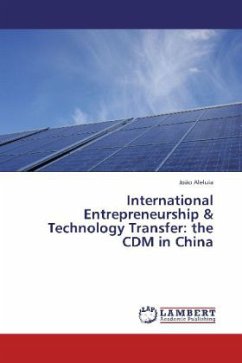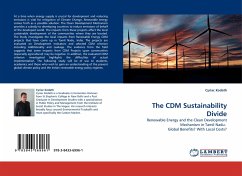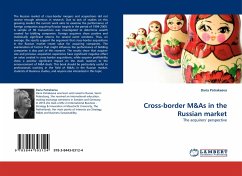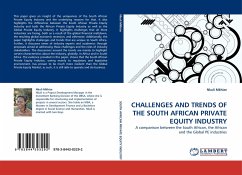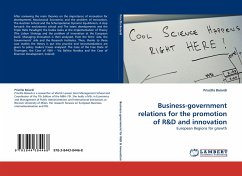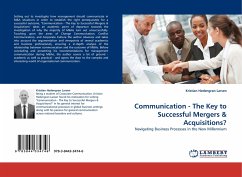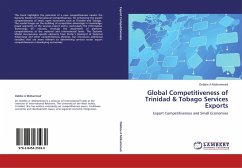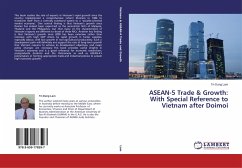The Clean Development Mechanism (CDM) is one of three flexible mechanisms emerging out of the Kyoto Protocol. This study aims to frame the CDM into a state-of-the-art of the literature streams on international entrepreneurship and technology transfer. We contend that the CDM is a public policy tool aimed at stimulating private sector investments in developing countries in the low-carbon sector, potentially contributing to the transfer of technologies across borders, with sustainable development benefits. Moreover, the CDM is posed as a potential mechanism for international technology transfer, and the CDM s reality in China is analyzed. For this purpose, a benchmarking scorecard is designed and applied to the Chinese experience with climate friendly technologies. On the basis of an empirical analysis, CDM projects are evaluated and the findings contrasted against a set of case studies outside the CDM framework. The analysis undertaken revealed that there is limited scope for the international transfer of technologies into China through the CDM, and that such transfers are more likely to occur outside the CDM framework.
Bitte wählen Sie Ihr Anliegen aus.
Rechnungen
Retourenschein anfordern
Bestellstatus
Storno

